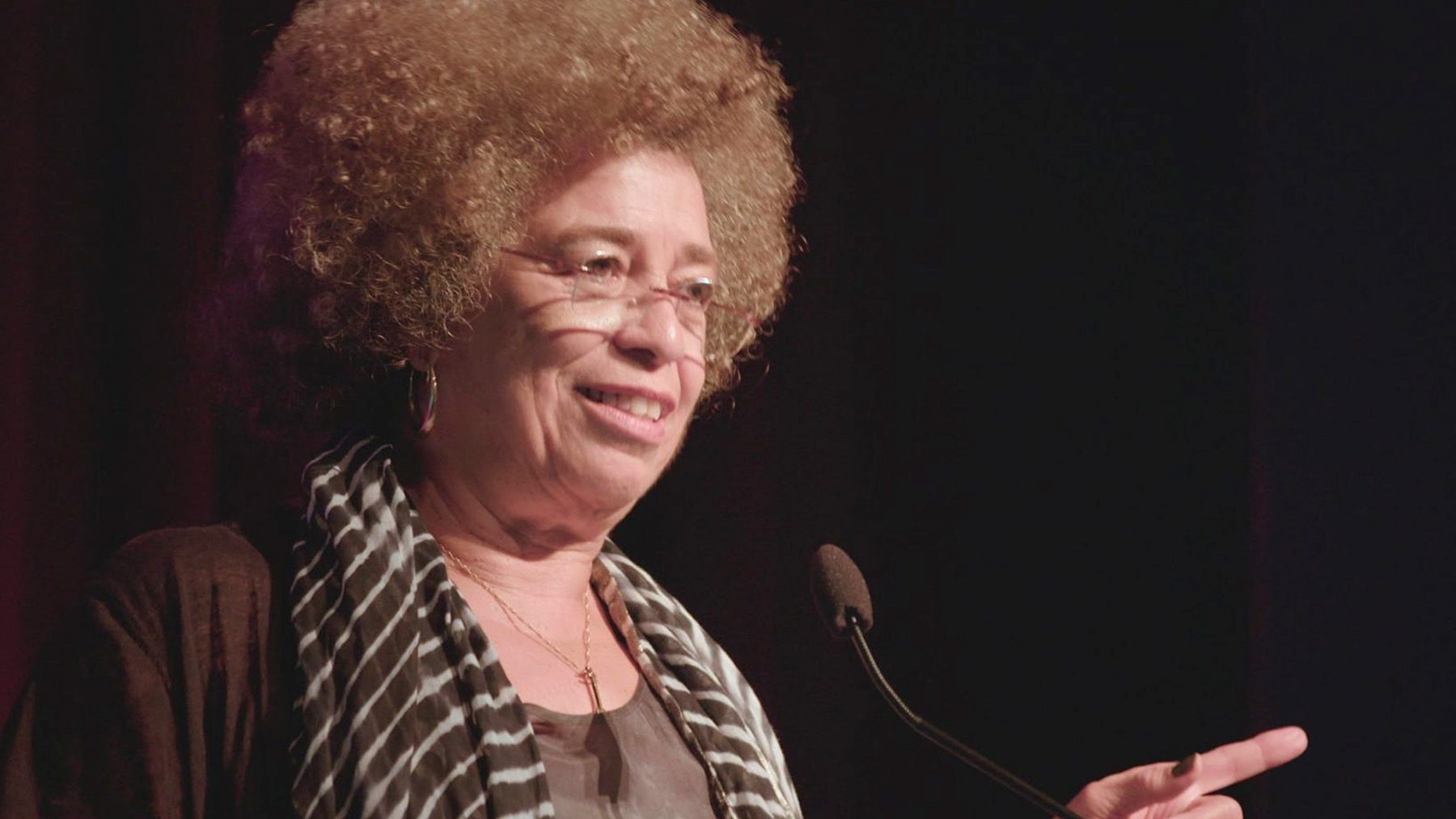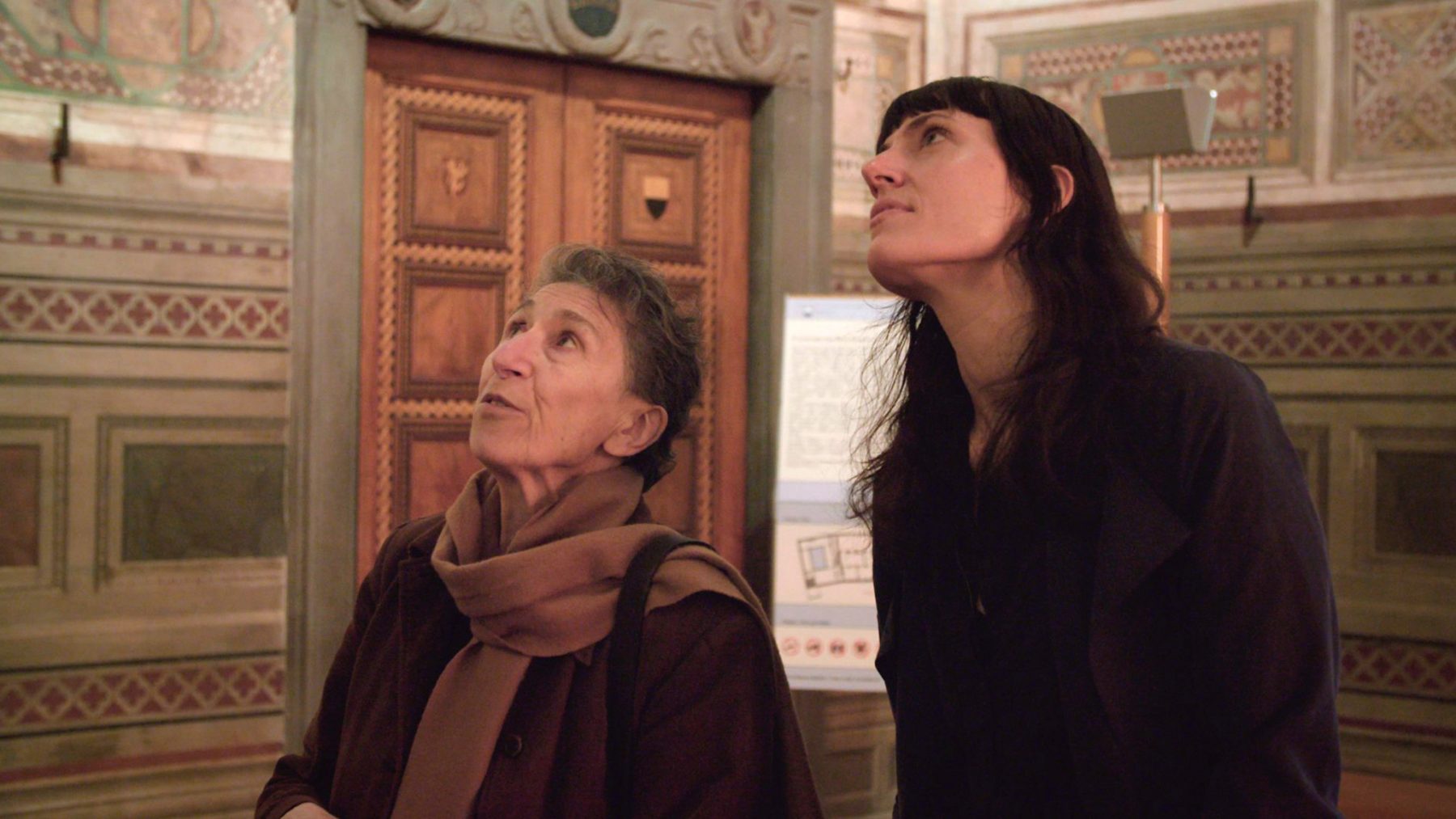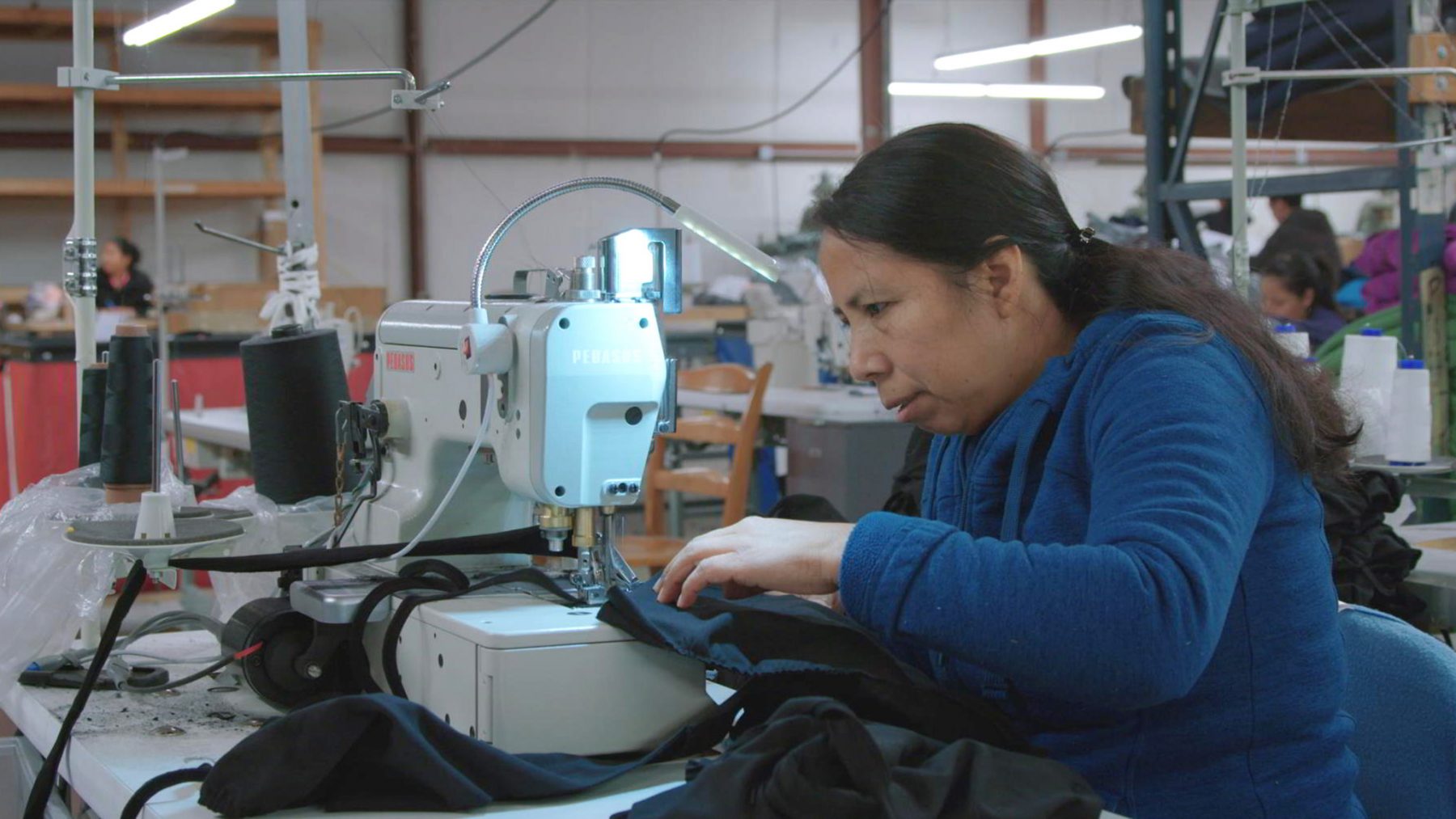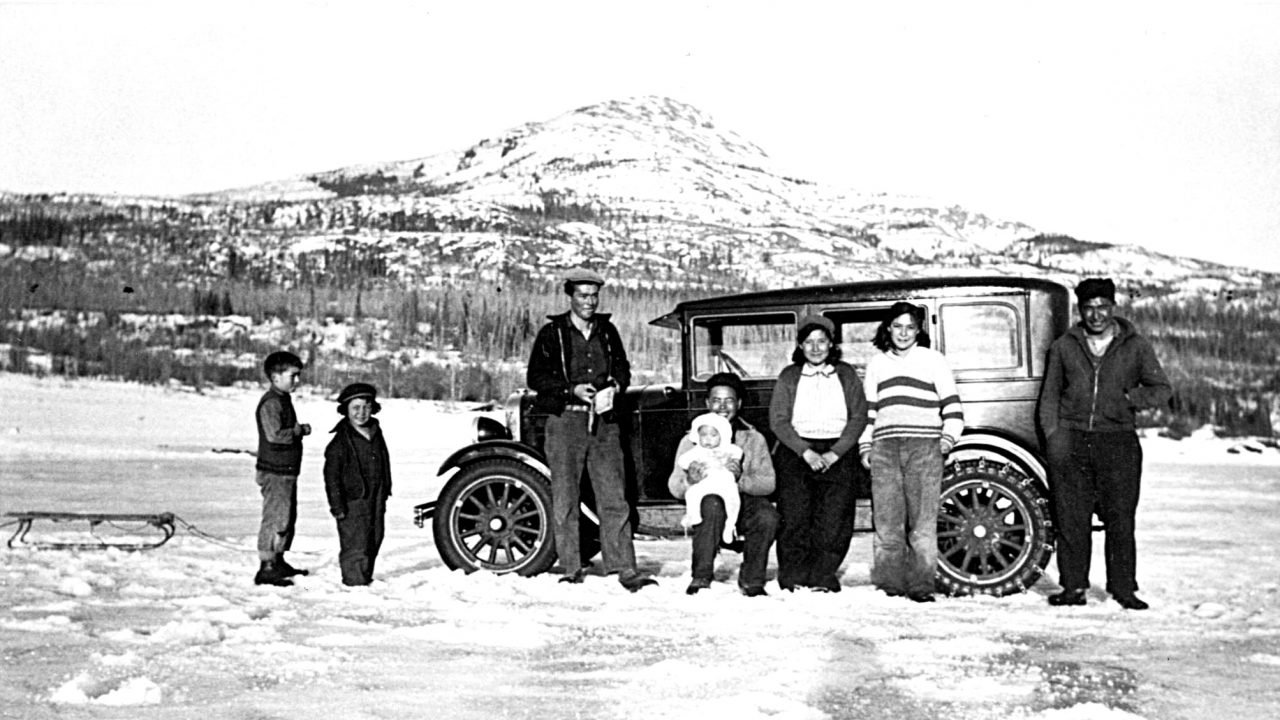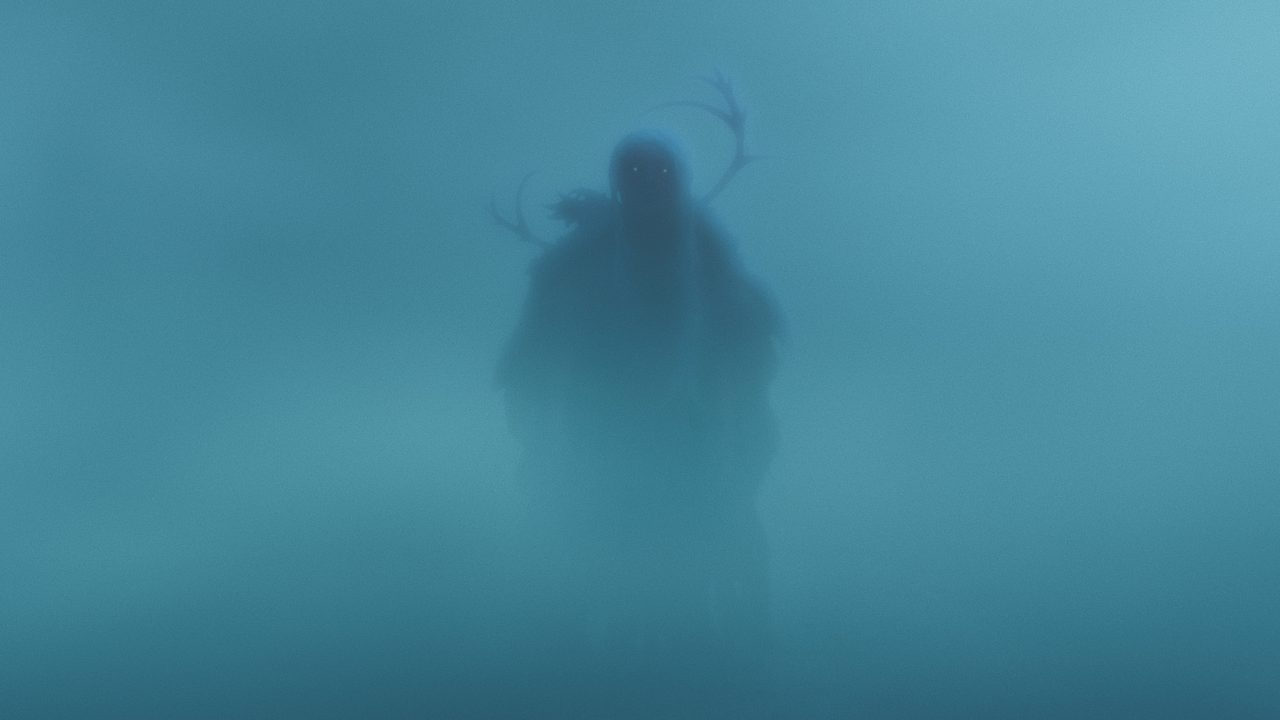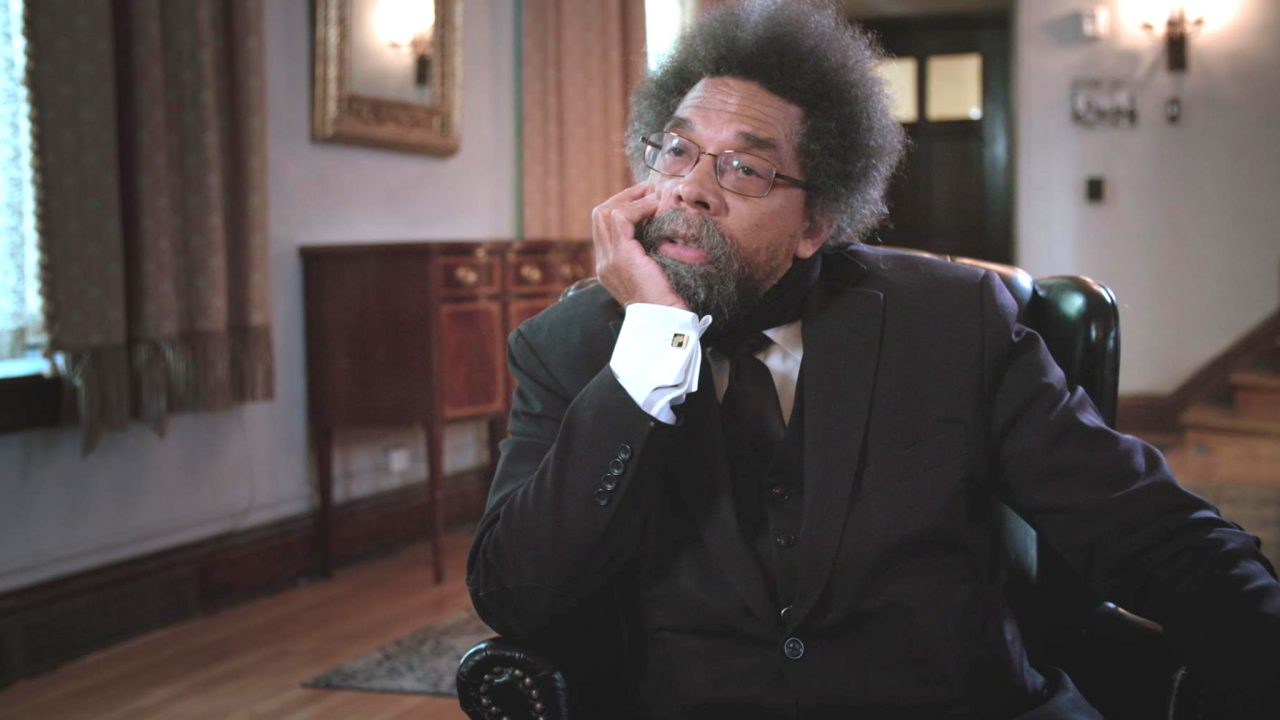
What Is Democracy?: A Question More Relevant Than Ever
What Is Democracy?: A Question More Relevant Than Ever
When I first started planning What Is Democracy? in earnest in 2014, I didn’t quite realize just how relevant the project would eventually be.
Early on, I imagined that the film would have to try to disturb viewers’ general complacency and optimism about democratic government—their sense that, while there might be social problems that still need to be addressed, the arc of history was generally bending toward justice and things were steadily, if slowly, improving.
But then current events took over. As I was getting toward the end of filming, it became harder to ignore the fact that democracy was in trouble. In 2016, the “Brexit” vote to leave the European Union stunned the world. Then, a few months later, Donald Trump became President-elect of the United States. The film’s core team (me, the NFB’s Lea Marin, and editor Robert Kennedy, both of whom I collaborated with on my 2008 film, Examined Life) quickly realized that we didn’t need to spend a lot of time trying to convince the viewer that democracy deserved critical attention. Instead, we needed to put the ongoing issues into a larger historical context and lean into the deeper philosophical questions we’d intended to raise all along.
What Is Democracy? spans millennia and continents. But the film homes in on two unfolding democratic crises, one in the United States and one in Greece. The 2015–2016 political upheavals in both those countries serve as parables, raising longstanding democratic dilemmas that are both timely and timeless. As the film tries to show, many democracy challenges go back thousands of years—problems of inequality, exclusion, xenophobia, participation, and more. These dilemmas emerge in the film through the personal stories and struggles of the characters featured. (I explore them more in depth in the companion book, Democracy May Not Exist, but We’ll Miss It When It’s Gone, which I wrote after finishing the movie.)
Since it debuted, the core problems the movie addresses have only become more pertinent. Plato’s Republic is a touchstone throughout the film. An early scene revolves around Plato’s warning that democracy inevitably slips into tyranny. As the rich get richer, they drive poor people into debt, breaking the social body apart. That fracturing, he warns, opens space for the rise of demagogues.
Today, the social body is not faring so well, especially in the United States, where the COVID-19 crisis has been criminally mishandled and over 200,000 people have died, while tens of millions have lost their jobs and income. The dangers of rule by an anti-democratic demagogue have never been more apparent.
In retrospect, there are a few things I wish I had paid a bit more attention to while making What Is Democracy?—the role of pandemics is certainly one.
What Is Democracy? repeatedly harks back to ancient Athens and pre-Renaissance Siena, Italy, an early republic. A long conversation with the feminist scholar and activist Silvia Federici in Siena, in a room that displays a beautiful 1338 fresco called The Allegory of Good and Bad Government, serves as a thread woven throughout the film.
Guess what befell both those cities, Athens and Siena, during the periods I examine? Plagues.
Indeed, the plague of Athens was a major contribution to ancient democracy’s decline. While there is no consensus on what the disease was, the effect was devastating, wiping out approximately a third of the population. (The famed historian Thucydides contracted the illness and survived; everyone should read his brief account of that period.)

Centuries later, Siena’s population was laid to waste by the bubonic plague—this disaster unfolded only a few years after the wonderful fresco Federici and I contemplate was completed. Indeed, Federici and I discussed the impact of the plague at length during our interview, and I left it on the proverbial cutting-room floor. As Federici shows in her influential work, Caliban and the Witch: Women, the Body and Primitive Accumulation, the plague years increased the power of the labouring class, allowing male workers, suddenly in short supply, to demand higher wages and some degree of social reform. But women were not so lucky, as their power diminished as shrinking societies sought more control over their reproductive capacities. The plague helped destroy feudalism and usher in democratic progress, but at a cost to women.
What will happen this time around, as a new pandemic sweeps the globe and puts our frayed democracies to the test? Already we’re seeing that outcomes are not predetermined. Some countries are rising to the challenge, including the beleaguered and impoverished Greece that features so prominently in What Is Democracy?, while Canada’s wealthy neighbour to the south has embraced a deadly form of denialism.
The future, as ever, isn’t preordained. But I remain convinced that if we want to avert disasters and build a more robust, inclusive, and egalitarian democracy, we need to learn from the past and engage in critical, philosophical thinking about the present and its possibilities. I directed this film to contribute to that endeavour and in the hopes that it will inspire viewers to join the ongoing struggle for a more democratic world.
WATCH WHAT IS DEMOCRACY?
What is Democracy?, Astra Taylor, provided by the National Film Board of Canada
